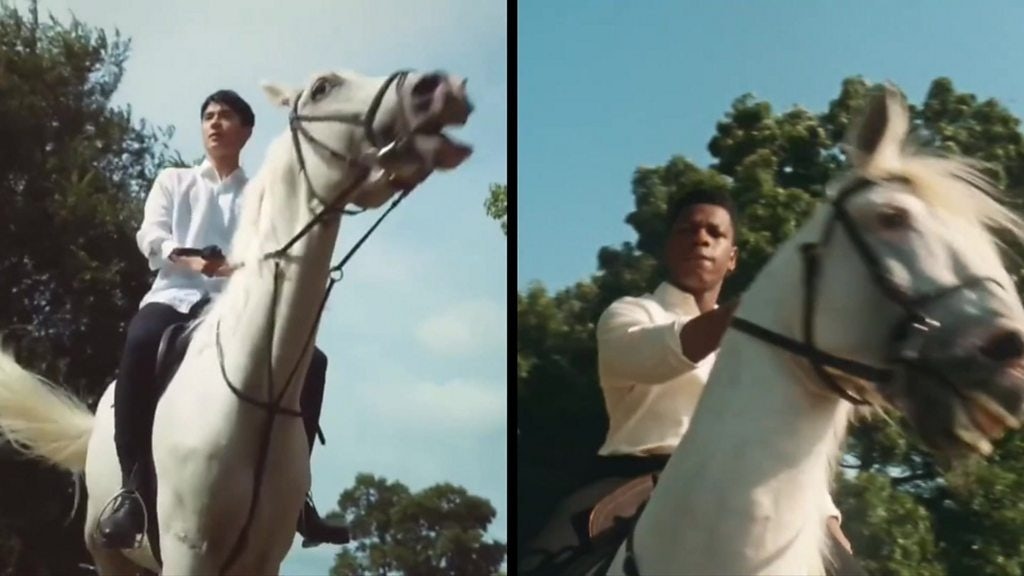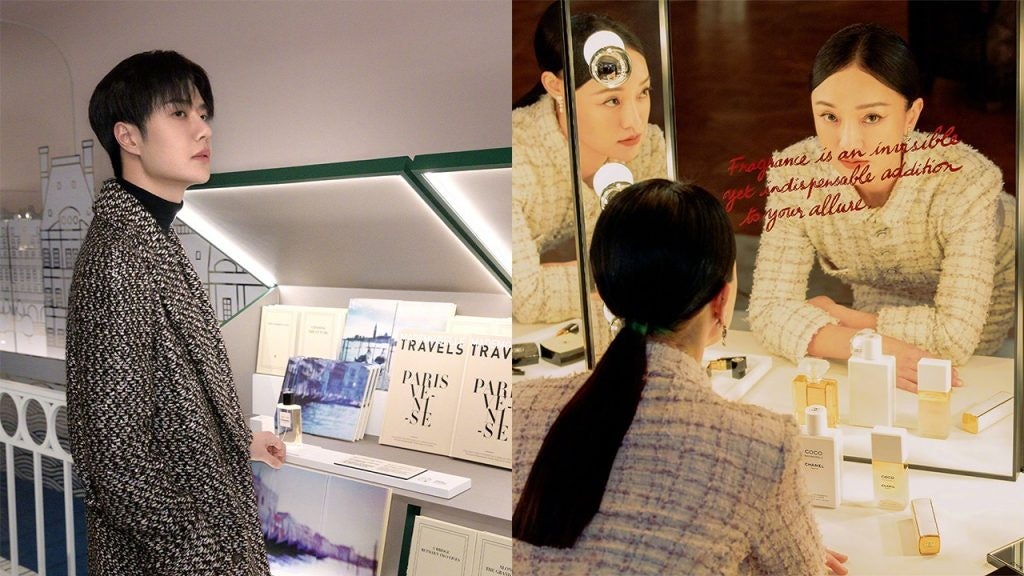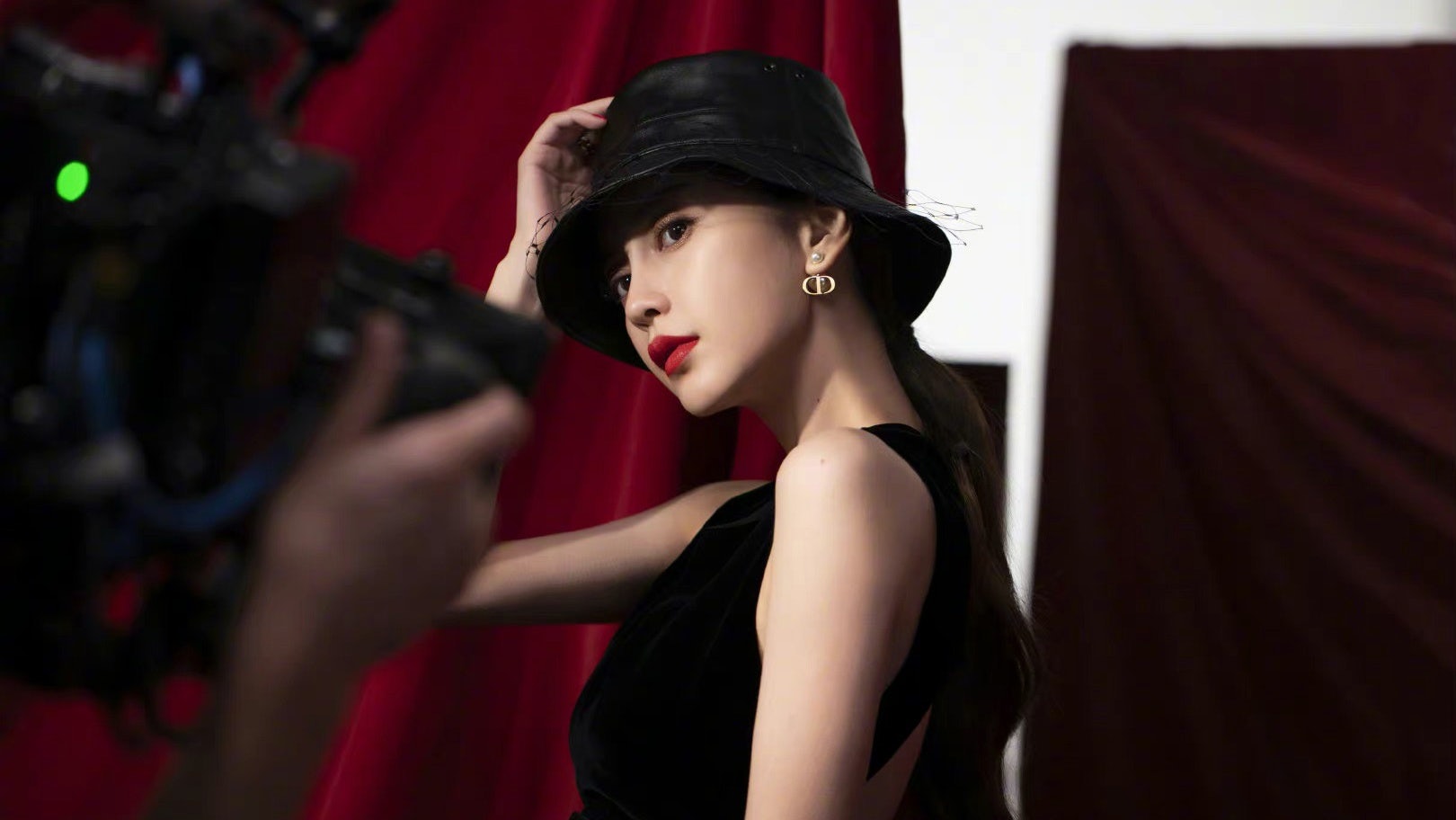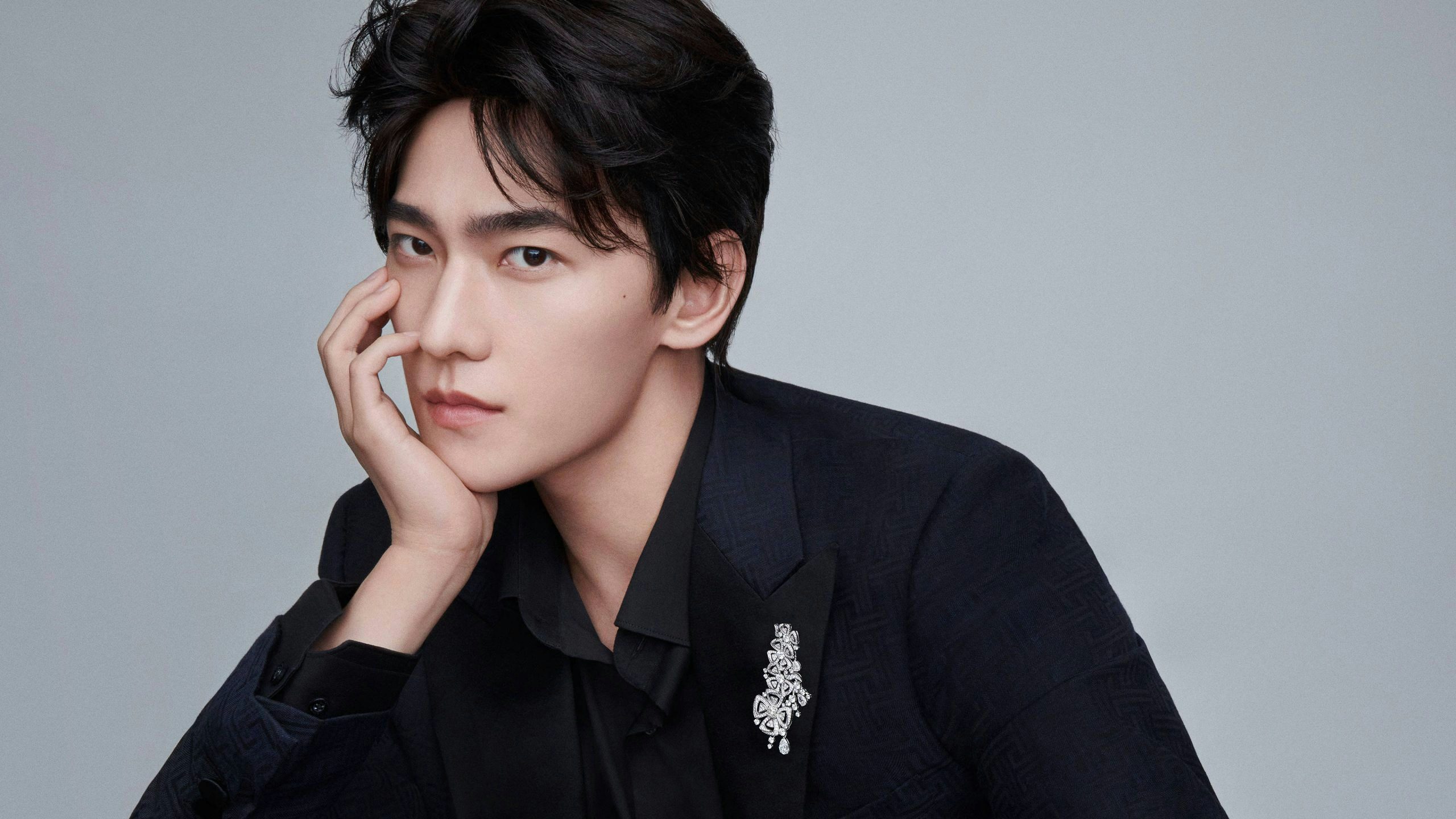When the news of Kris Wu’s sexual assault scandal erupted, it sent shockwaves across the world, but it was his legions of endorsees that felt the pain as they assessed the fallout. And since Wu, brand headaches have only increased as Beijing further tightened its grip on the entertainment sector, leaving in its wake an ever-increasing list of casualties: actress Zhao Wei, TV star Zhang Zhehan, model Zheng Shuang, singer Huo Zun, TV anchor Qian Feng, influencer Guo Laoshi, and wider targets too, such as the banning of effeminate men.
Luxury names lean heavily on celebrities in China — more than in any other market — and are seen as a fast route to fans who often go to extreme lengths to support their icons. However, the continued disruption of luxury (scandals, blacklisting, and cancellations all underpinned by government regulations and clampdowns), makes for an unprecedented period in mainland entertainment history, which is still reeling from the fallout of COVID-19.
Here, Jing Daily explores the ramifications of this ongoing crisis: what replacing one celebrity over another means for your brand and what alternatives may be possible — and profitable.
Big names enlisting big numbers#
If you look at any major luxury brand, they will have a slew of celebrities fronting the label at any time. In China, this equates to big numbers and the possibility of reaching countless fans, making it the strategy of choice for countless luxury brands. Dior, for example, has a broad roster of A-list personalities headed by Angelababy, who has over 100 million Weibo followers. This wide net offers them a potential reach of over 390 million “could-be” consumers.
Meanwhile, Chanel has a vast selection of stars attached to the house as well. Actress Song Qian, among others, gives it a combined access to over 270 million fans. Louis Vuitton, however, trails both, with amplification to just under 200 million fans, but from less than half the number of stars.
Some brands fare better than others: Chanel’s first China ambassador, Zhou Xun, was announced in 2011 and is still a firm fixture. Others are less lucky, such as Bulgari, who faced a challenge with having to drop Wu earlier this year. Even so, does the fact that simply cutting ties with Wu, as they did, and swapping in the popular actor Yang Yang make a difference for their reputation?
When it comes to working with celebs, Tom Griffiths, co-founder of marketing agency Half A World, believes that companies are often less concerned about “brand fit,” which makes for a less than genuine partnership in the first place. “More often than not, celebrities aren’t involved in the creative process, and the personality of the celebrity isn’t even used in campaigns.”
Given that, why should consumers care? There are exceptions that disprove this rule, however. Lingerie powerhouse Victoria’s Secret, no secret to controversy in China, is one. The brand is currently repositioning and is now pushing more body diversity. “Bringing on Yang Tianzhen was a nice surprise move that offered a little more substance than the usual celeb campaign,” Griffiths said. “But for the most part celebrity campaigns are fairly straight-forward, and talent choice is based on the size of the celebrity’s following.”
Therefore, if followers are key, there are plenty of stars with highly engaged fanbases in China. Indeed, some come with less than a perfect track record to begin with, which makes them even more unusual choices, such as the TV actor Zheng Shuang, who was hired (and later dropped) by Prada despite her controversial history.
A revolving door of celebrity names#
When houses need to cut ties with a big face, there doesn’t seem to be any immediate downside: shoppers will still shop; fans will still covet. Despite this, the revolving door system reveals the elephant in the room. As Sarah Yam, co-founder of the agency Red Digital explained, “Whether or not the new celeb will be the next target from the Chinese government crackdown on the Chinese entertainment industry is another matter.”
It’s true that stars who are shunned must keep a low profile, opening opportunities to newer and often unexpected names to step in. Although as we have seen in the case of Dior’s Angelababy, who was embroiled in a tax scandal in 2018, if they are seen to repent, they can certainly make a comeback. Presumably good news for Zheng Shuang, who has been hit with a whopping 46 million tax evasion fine.
In addition, as Griffiths pointed out, there’s the potential to “turn off a few die-hard fans” as the brand seems to be “abandoning” the celebrity during a time of crisis. This also happened when the aforementioned Zheng was dropped by Prada over an alleged surrogacy incident. Her Weibo account is currently deleted.
Moreover, swapping out faces can be a way of localizing for the market too, but this can impact international fans. This happened when Jo Malone China swapped out British Nigerian John Boyega for the Chinese actor Liu Haoran for a short film (despite, for once, Boyega having significant creative, and highly personal, input into the film). The fallout was much bigger outside of China than locally; in spite of the international reaction, Jo Malone emerged unscathed on the mainland and continues to enjoy a healthy position.

Alternatives that can help alleviate the overreliance#
While a new face will certainly divert consumers’ attention for the short-term — acting as what Yam terms, a “‘painkiller” — companies need medium- to long-term ways of increasing consumer interactions. She suggested: “investing in digital and content marketing activities” (Chanel’s current perfume exhibition in Shanghai); “corporate social responsibility” (companies from Burberry to Prada saw benefits from quick pledges) and meeting the “the rise of ‘Guochao’ and the nationalism trend through local artists” (Louis Vuitton’s Artycapucines initiative features the artists Zeng Fanzhi and Huang Yuxing).

Virtual stars are on the rise. Alibaba has AYAYI, while Florasis and Centaine also have AI ambassadors, but the practice is niche. Of course, older celebrities are less likely to have scandals too, and many brands including Cartier (Gong Li) and Chanel (Zhou Xun) have mature faces. The show, Call Me by Fire features a bank of older male celebrities that has become popular this year too. Having said that, age is no guarantee of a trouble-free partnership.
Celebrity marketing comes with a risk (and a hefty price tag) and despite the current crackdowns coming from Beijing, it is still the fastest route to awareness in China’s complicated market.

